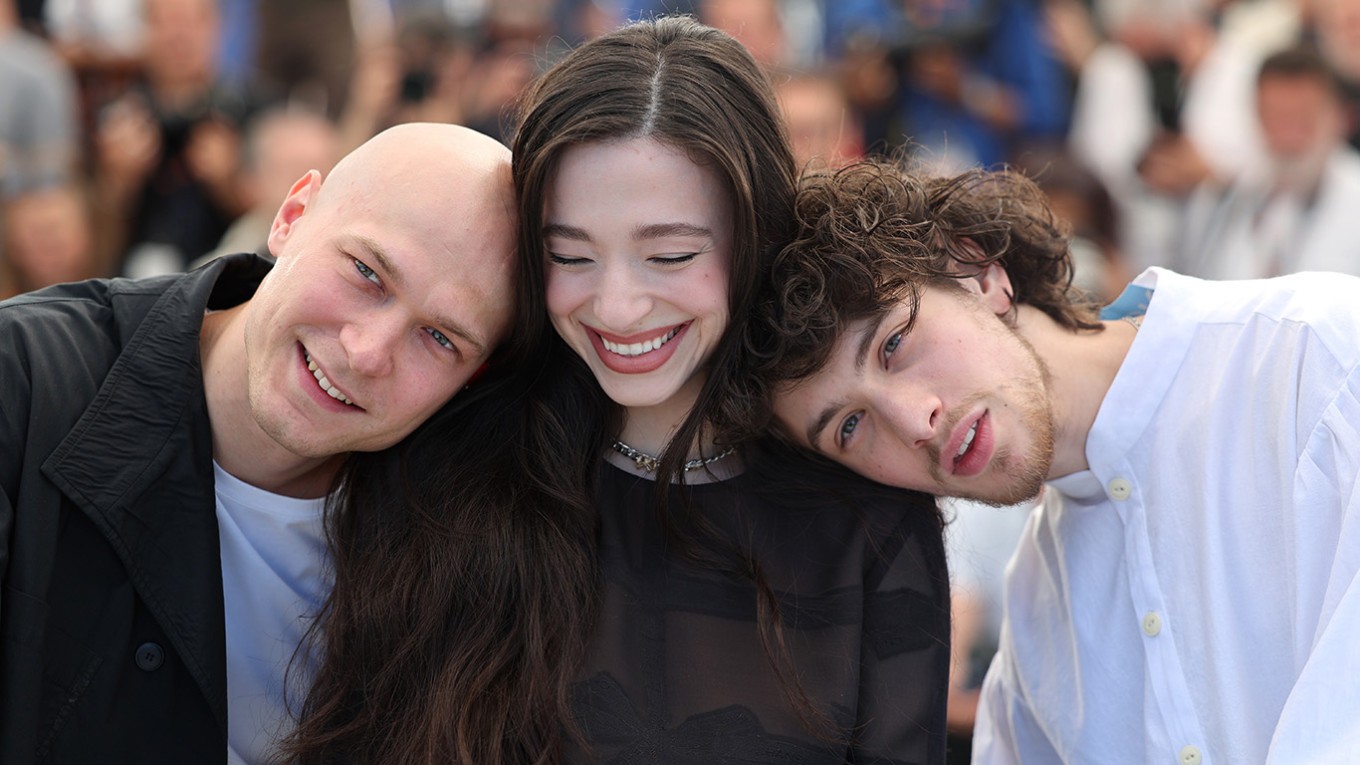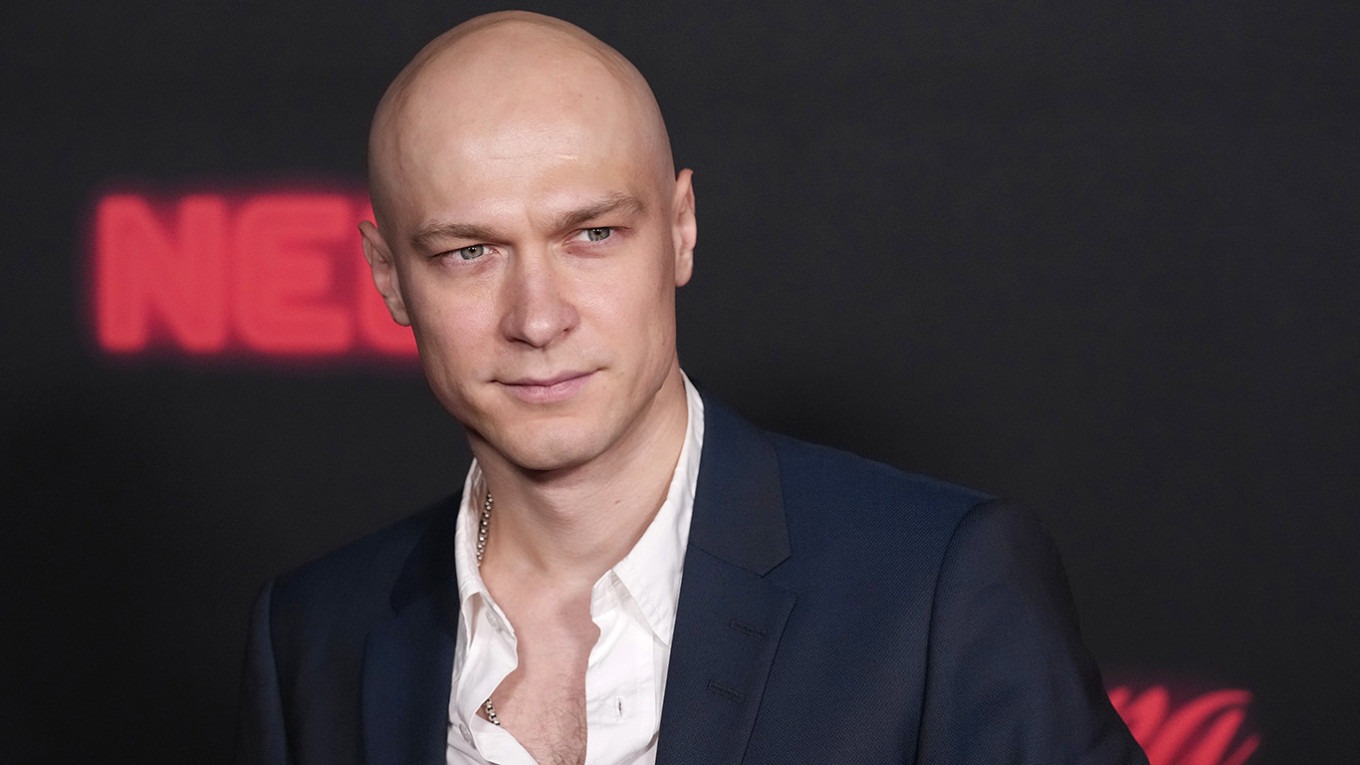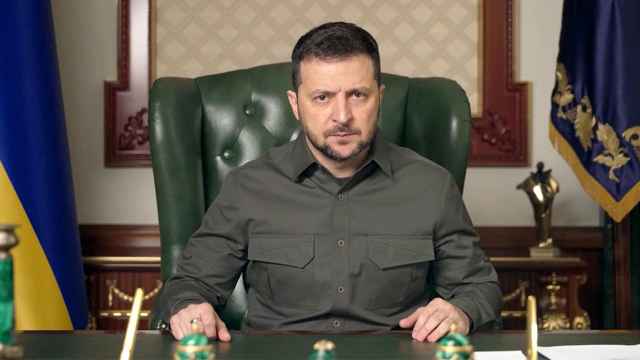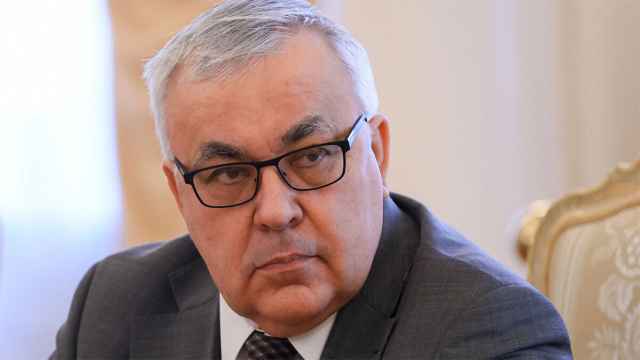Russian actor Yura Borisov’s nomination for an Oscar has been met with a muted and confused reaction in his home country as it has challenged the Kremlin’s long-standing narrative that the West is determined to “cancel” Russian culture.
Borisov is up for Best Supporting Actor for his role in Sean Baker’s “Anora” at the Academy Awards on March 2, making him the first Russian to be nominated in an acting category since the fall of the Soviet Union.
But the recognition appears to have sown more confusion than elation and national pride among Russia’s elites and propaganda channels.
While the Kremlin has largely declined to comment, pro-government figures have issued conflicting statements and state television — the primary source of information for many Russians — has responded with near-total silence.
Fringe pro-Kremlin voices have even started floating conspiracy theories, including a claim that the U.S. is plotting to turn the actor into an opposition figure capable of challenging Vladimir Putin.
Mixed reactions
Few pro-government figures reacted to Borisov’s nomination with open enthusiasm.
“Congratulations on the nomination,” wrote Tina Kandelaki, deputy head of Russia’s largest media conglomerate Gazprom Media and a vocal supporter of Russia’s invasion of Ukraine, in a post on the Telegram messaging app.
"Just wait and see, Yura! Stay strong, the biggest premieres are ahead,” added Kandelaki, who is sanctioned by the U.S.
“It’s always exciting to be the first. Yura [Yury] Gagarin went to space, Yura Borisov to Hollywood. I hope our Russian guy gets to hold that golden statuette,” wrote Dmitry Gusev, a lawmaker from the pro-Kremlin A Just Russia party, before reminding his audience about alleged “Russophobia” in the West.
But otherwise, the unexpected nomination of Borisov — who has not publicly condemned the war in Ukraine, has previously starred in patriotic action films and continues to live and work in Russia — has undermined Russia’s argument that the West seeks to erase Russian culture because of its February 2022 invasion of Ukraine.
This talking point is part of the wider pro-Kremlin propaganda narrative depicting Russia as a “besieged fortress” to demand loyalty from the population.

When asked by reporters if Borisov’s Oscar nomination was a signal that the West’s “cancellation” of Russian culture was over, Kremlin spokesman Dmitry Peskov simply replied “No.”
The nomination itself is a significant achievement and a "huge reward," said Alexander Rodnyansky, a Kyiv-born, Oscar-nominated film producer who was sentenced in absentia to 8.5 years in Russian prison last year for criticizing the invasion of Ukraine.
“This is a slap in the face to [Russian] propaganda,” said Rodnyansky, who produced dozens of TV series and films in Russia including the Oscar-nominated 2014 drama “Leviathan.”
“A Russian actor, and not even one of the so-called ‘good Russians’ who fled the country, is receiving top international film awards. And an Oscar nomination is a huge prize,” he wrote on Telegram.
TV silence and conspiracy theories
The paradox of the situation — a prestigious nomination for a Russian actor on the one hand and the Kremlin’s need to maintain its narrative of Western hostility on the other — led major state-controlled TV channels, including Channel One, Rossia 1 and NTV, to completely ignore the news.
Only Channel 5 — which is partially owned by a media group controlled by Putin ally Yury Kovalchuk — dedicated a few minutes to the nomination in its weekly news segment, according to the independent Agentsvo news outlet.
“It seems they enjoy watching Russians who fit their stereotype — rude, dull and uncultured. Are we supposed to be happy about this? Or is it because they’re letting us back into their club, into their Hollywood paradise, even though it has been quite burned in recent months?” the channel’s host said, referring to the wildfires that recently devastated Los Angeles.
He dismissed the film as an example of klyukva — a Russian term for a stereotypical, exaggerated portrayal of Russian culture — that “America still indulges in.”
Borisov’s nomination generated even more discussion among political bloggers.
Among the more bizarre takes was a conspiracy theory suggesting that the Oscar nomination was part of a U.S. plot to influence Russian politics by grooming Borisov as a future opponent to Putin.
“They want to turn Yura Borisov into Russia’s new opposition leader? Like [Ukrainian President] Volodymyr] Zelensky, from actor to president, according to the new Netflix politics playbook? The current deck of ‘future Russian presidents’ is completely discredited,” wrote political consultant Maria Sergeeva.
A Message from The Moscow Times:
Dear readers,
We are facing unprecedented challenges. Russia's Prosecutor General's Office has designated The Moscow Times as an "undesirable" organization, criminalizing our work and putting our staff at risk of prosecution. This follows our earlier unjust labeling as a "foreign agent."
These actions are direct attempts to silence independent journalism in Russia. The authorities claim our work "discredits the decisions of the Russian leadership." We see things differently: we strive to provide accurate, unbiased reporting on Russia.
We, the journalists of The Moscow Times, refuse to be silenced. But to continue our work, we need your help.
Your support, no matter how small, makes a world of difference. If you can, please support us monthly starting from just $2. It's quick to set up, and every contribution makes a significant impact.
By supporting The Moscow Times, you're defending open, independent journalism in the face of repression. Thank you for standing with us.
Remind me later.







